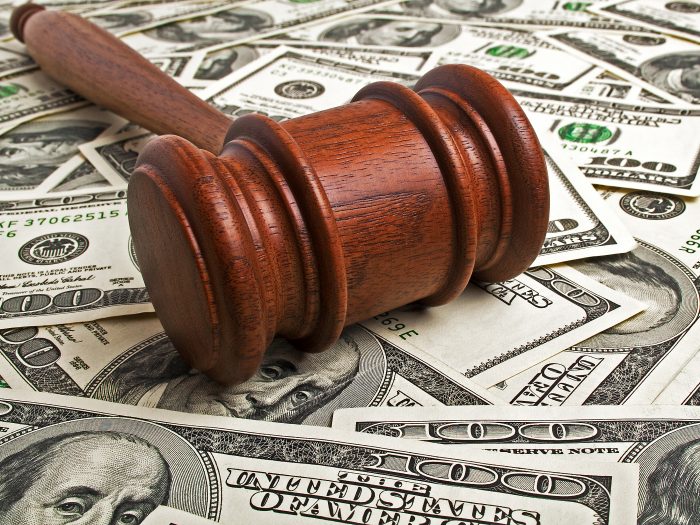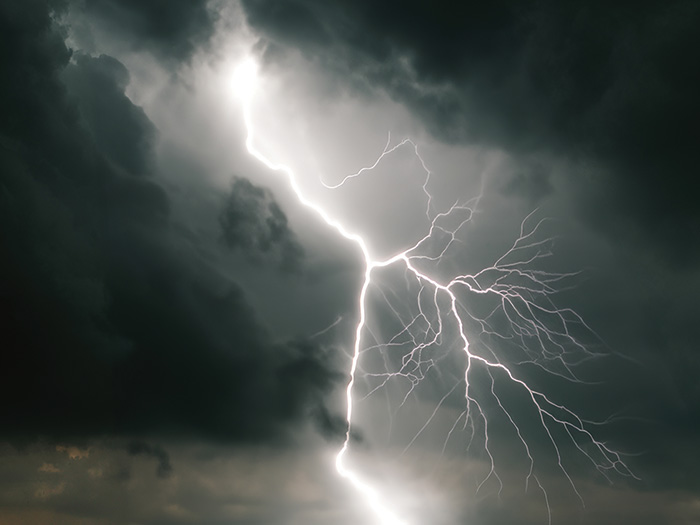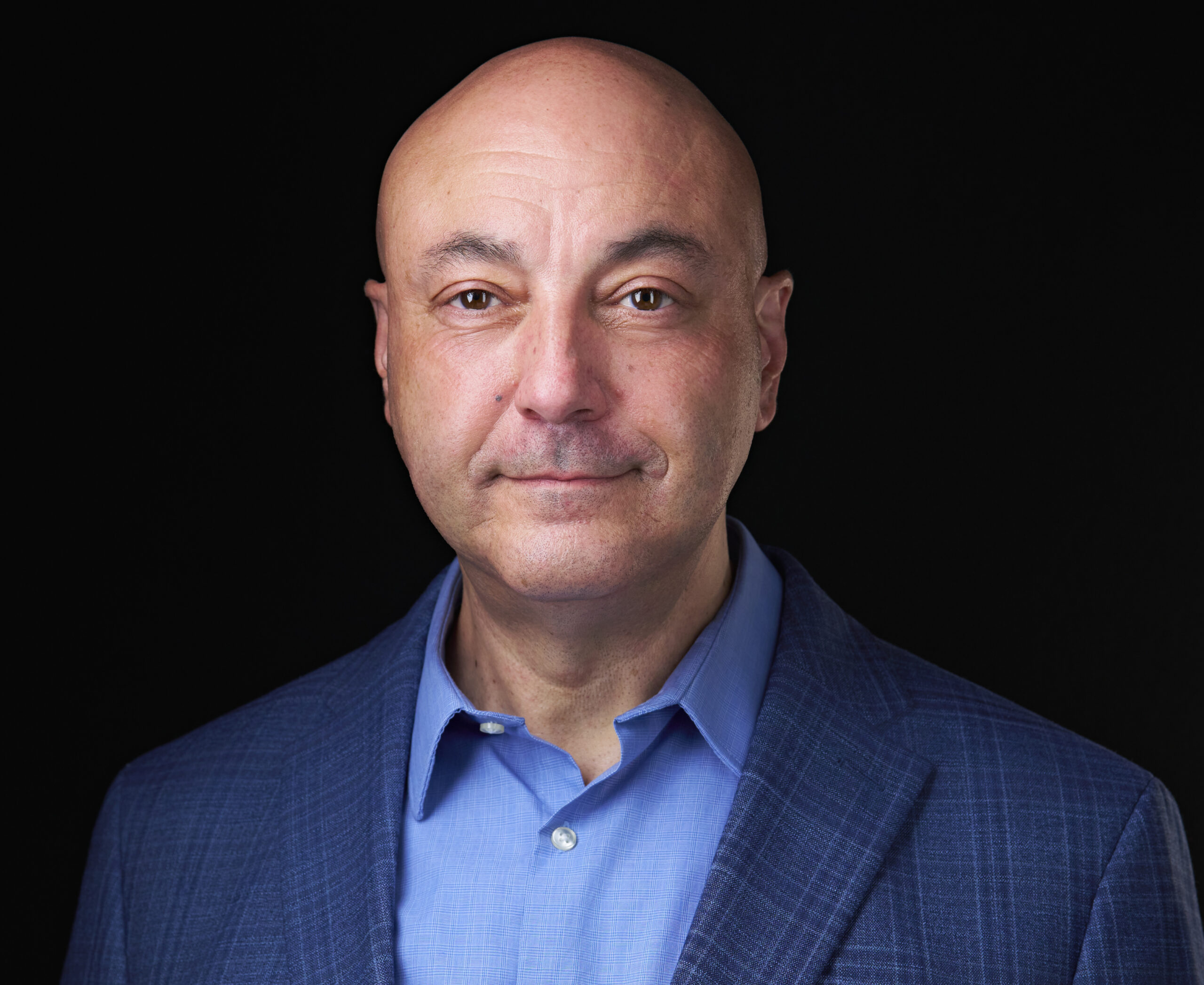COVID-19 and Nuclear Verdicts: Disastrous Combination or Phantom Fear?

In the decade leading up to the COVID crisis, jury verdicts were trending steeply upward and far surpassing rational values for the claims in a case. The issue became so bad that the term “nuclear verdict” arose for verdicts exceeding $10 million, although extreme examples exceed $1 billion in damages.
As COVID ravaged countries across the globe, it created seismic shifts in how many businesses operate and often worsened popular opinion of corporations.
So questions naturally arise about its potential effects on nuclear verdicts. During the session “Nuclear Verdicts: Are They Over or Are They Coming?” at this year’s RIMS Live virtual conference speakers Samantha Siddiqui, senior manager claims with CBRE, and Robert Tyson, managing partner at Tyson & Mendes attempted to answer some of these questions.
Some of the questions they looked at included: Will we see a continuing trend towards nuclear verdicts, or worse yet, an escalation of the amounts awarded? Or is creating a tie between COVID and nuclear verdicts merely fear-mongering?
The Danger of Nuclear Verdicts
Although a generally accepted definition of a nuclear verdict is one that exceeds $10 million, this arbitrary damages threshold fails to capture the problem adequately.
A nuclear verdict is the classic disproportionate response: it so far exceeds a reasonable damages amount that only emotional or punitive juror motives can adequately explain it. While the term itself is relatively new, the phenomenon is not.
Nuclear verdicts relate closely to another well-known and disturbing trend in the industry: social inflation.
Social inflation suggests that expansion of society’s perceptions about what insurance covers increases litigation and insurance costs and subsequently premiums. Social inflation and nuclear verdicts feed off each other in a vicious cycle of more frequent and escalating damages awards.
Nuclear verdicts and social inflation pose tremendous issues for the insurance industry. As juries render more and more nuclear verdicts, insurance industry costs are increasing significantly, often far outpacing inflation, resulting in increased premiums to avoid potentially catastrophic losses.
Premium increases, in turn threaten the continued existence of insurance industry clients, with the trucking industry offering a prime example.
COVID’s Potential Effect on Nuclear Verdicts
Industry analysts, defense attorneys and jury experts suggest several explanations for the rise in nuclear verdicts. While COVID is unlikely to affect some underlying causes (problem witnesses and litigation funding, for example), several trends are worsening due to COVID.
One trend that’s worsening is corporate mistrust. Corporations enter jury cases at a significant disadvantage.
Corporate scandals (e.g., the subprime mortgage crisis, the Deep Horizon environmental disaster, and the Volkswagen emissions cover-up) heightened popular distrust of corporations. Juror pools entered courtrooms with an inherent bias.
Certain industries suffer more from this effect than others. Bias against pharmaceutical companies is particularly fierce.
Media circuses surrounding price-gouging pharmaceutical executives (Turing Pharmaceuticals) and pharma scam artists (Theranos) coupled with political complaints about pricing drove anti-pharmaceutical sentiment.
Concerns about inequalities in COVID vaccine distribution and testing protocols will only further diminish pharmaceutical company reputations.
The COVID crisis unquestionably has driven corporate distrust to new levels. It remains to be seen whether this will translate to increased nuclear verdicts.
For many industries, corporate responses (or lack thereof) to social justice issues like police brutality and voting rights may wind up being more potent drivers of corporate distrust than COVID.
Changing Juror Demographics
Jury pool demographics change along with the general population. More and more potential jurors belong to younger generations, and juror pools are also more diverse.
This is a positive trend because juries are more representative. But younger and more diverse jurors are more distrustful of corporations, whether due to suspicions about “capitalist greed” or concerns about systemic discrimination.
Changing jury demographics may therefore lead to more frequent and more exorbitant nuclear verdicts.
Belief in Redistribution of Corporate Profits
Many businesses failed during the COVID crisis, but some thrived, with Amazon being the most notable example.
As the economy collapsed and millions lost their jobs, the stock market soared to new heights, making the richest Americans that much richer. Potential jurors may think deep pockets only got deeper during the COVID crisis.
As a result, many potential jurors see corporate America as hoarding massive profits at the expense of the average person. And they will be more likely to try and punish corporations due to “fairness,” even if the punishment is disproportionate to the actual issues in a case.
Proactively Defending Against Nuclear Verdicts
Insurance professionals need to understand litigation basics and their options for proactively addressing nuclear verdicts. Although there is no foolproof way to prevent a nuclear verdict, defense counsel can take steps to limit risks.
Pre-trial settlement is the easiest way to avoid a nuclear verdict. Not only should defense attorneys attempt to settle cases early, but they should be framing the discussion by having concrete, evidence-based numbers in their negotiation strategy. Mock juries can be helpful to determine a likely range of damages, allowing defense attorneys to set realistic settlement positions.
Pursuing alternatives to a jury trial can also be effective. With more pushing the benefits of alternative dispute resolution, there is an opportunity for defense counsel to get a case to a more neutral arbiter. Mediation and arbitration are less likely to result in excessive verdicts, as are bench trials and “private” trials before retired judges.
Should a case go to trial, it is important to humanize the corporation to help minimize corporate trust issues and defend against likely “reptile brain” tactics from plaintiff’s counsel. Having an empathetic corporate representative at the defense table throughout a trial is essential.
So too is testimony from a corporate representative that helps show steps the company takes to protect its employees and customers. And if the representative can also talk about corporate social responsibility, so much the better.
Nuclear verdicts will likely continue to rise both in number and amount, as societal attitudes towards corporations and capitalism in general decline.
COVID will only worsen the trend. To reach a state of nuclear verdict non-proliferation, companies and their insurers need to take all possible steps to keep disputes out of court and away from juries. &








